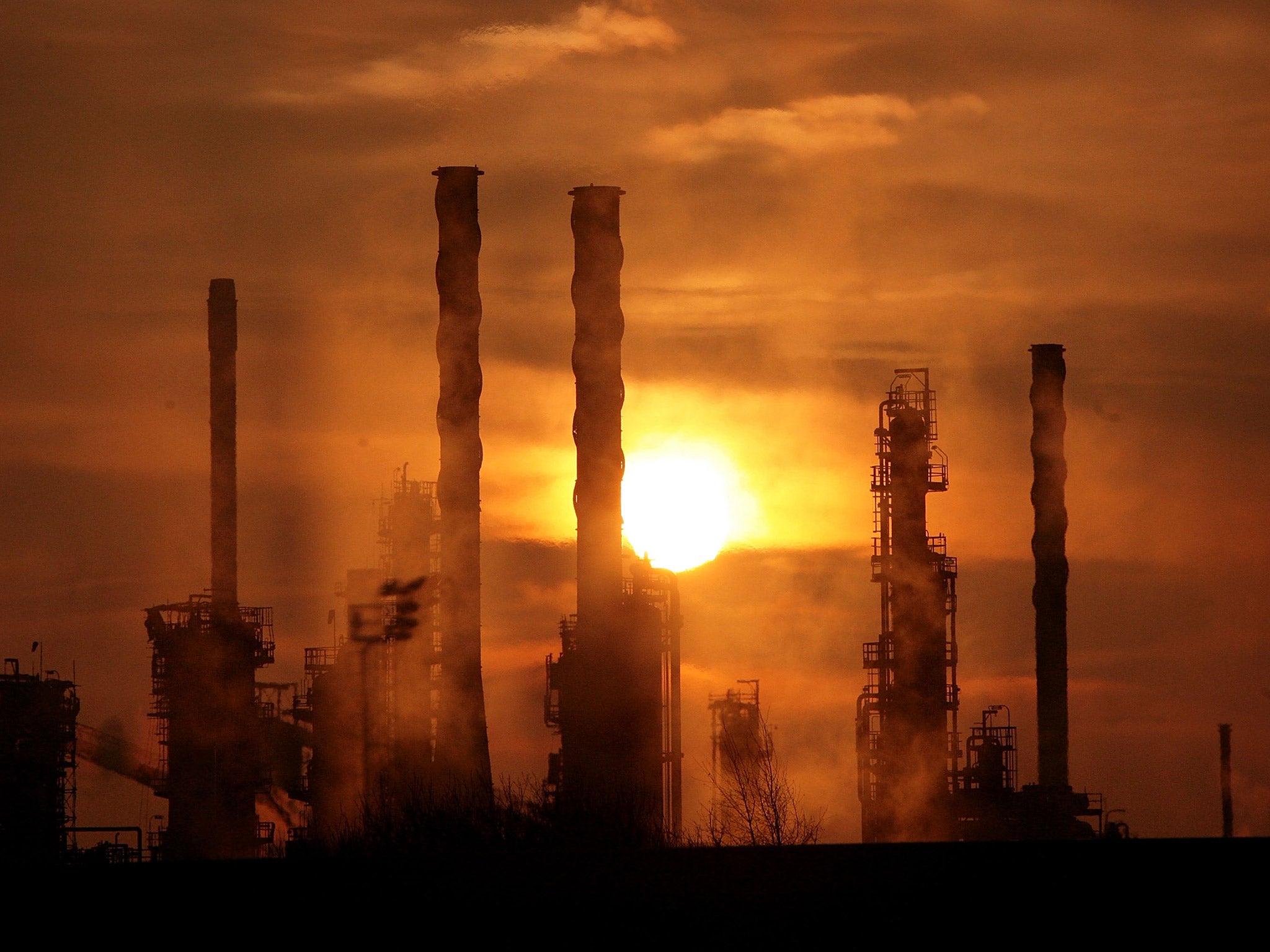Did oil giant ExxonMobil know about climate change in 1981?
Amid concerns about future regulation to limit greenhouse gas emissions, the company decided not to pursue its interest in a major gas field off the Indonesian coast

The biggest oil company in the world, ExxonMobil, suspected fossil fuels might be involved in climate change as early as 1981 – seven years before the issue hit the headlines, the firm’s former climate expert has revealed.
Lenny Bernstein, also a lead author on two climate science reports by the Intergovernmental Panel on Climate Change, wrote in an email that Exxon became interested in global warming when it was looking to develop a major gas field off the Indonesian coast, The Guardian reported.
The gas was 70 per cent carbon dioxide - an unusually high level - that would normally be vented into the atmosphere to make it usable as a fuel.
Amid concerns about future regulation to limit greenhouse gas emissions, the company decided not to pursue its interest in the field, although ExxonMobil said there could have been a “huge range of reasons” why the project did not go ahead.
In an email to Alyssa Bernstein, director of the Institute for Applied and Professional Ethics at Ohio University, Mr Bernstein, no relation, wrote: “In the 1980s, Exxon needed to understand the potential for concerns about climate change to lead to regulation that would affect Natuna and other potential projects. They were well ahead of the rest of industry in this awareness.
“Other companies, such as Mobil, only became aware of the issue in 1988, when it first became a political issue.
“Natural resource companies – oil, coal, minerals – have to make investments that have lifetimes of 50-100 years. Whatever their public stance, internally they make very careful assessments of the potential for regulation, including the scientific basis for those regulations.”
He added that it was projected that the gas field would have become “the largest point source of CO2 in the world and account for about 1 per cent of projected global CO2 emissions”.
“I’m sure that it would still be the largest point source of CO2,” he added.
Climate change became a mainstream issue in 1988, when Nasa climate scientist James Hansen warned that it was being caused by the use of fossil fuels.
Ms Bernstein told The Guardian: “What it shows is that Exxon knew years earlier than James Hansen’s testimony to Congress that climate change was a reality; that it accepted the reality, instead of denying the reality as they have done publicly, and to such an extent that it took it into account in their decision making, in making their economic calculation.
“One thing that occurs to me is the behaviour of the tobacco companies denying the connection between smoking and lung cancer for the sake of profits, but this is an order of magnitude greater moral offence, in my opinion, because what is at stake is the fate of the planet, humanity, and the future of civilisation, not to be melodramatic.”
Richard Keil, a spokesman for Exxon, said climate change science in 1981 was “in the very, very early days and there was considerable division of opinion”.
“There was nobody you could have gone to in 1981 or 1984 who would have said whether it was real or not. Nobody could provide a definitive answer,” he said.
“We have been factoring the likelihood of some kind of carbon tax into our business planning since 2007.”
Join our commenting forum
Join thought-provoking conversations, follow other Independent readers and see their replies
Comments
Bookmark popover
Removed from bookmarks